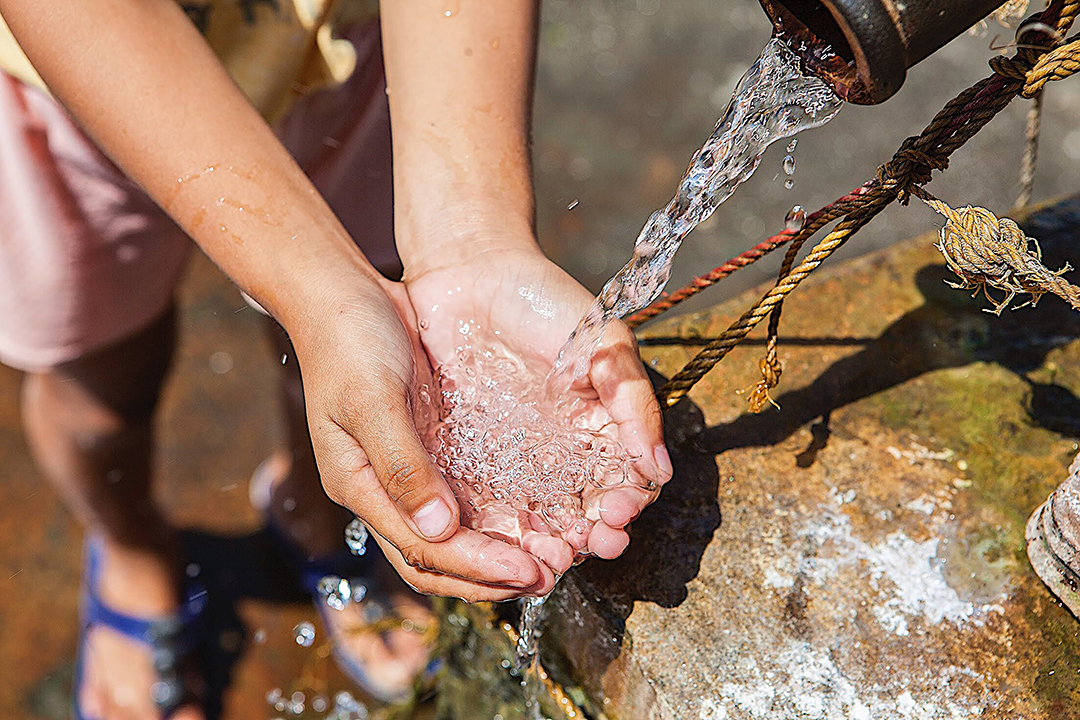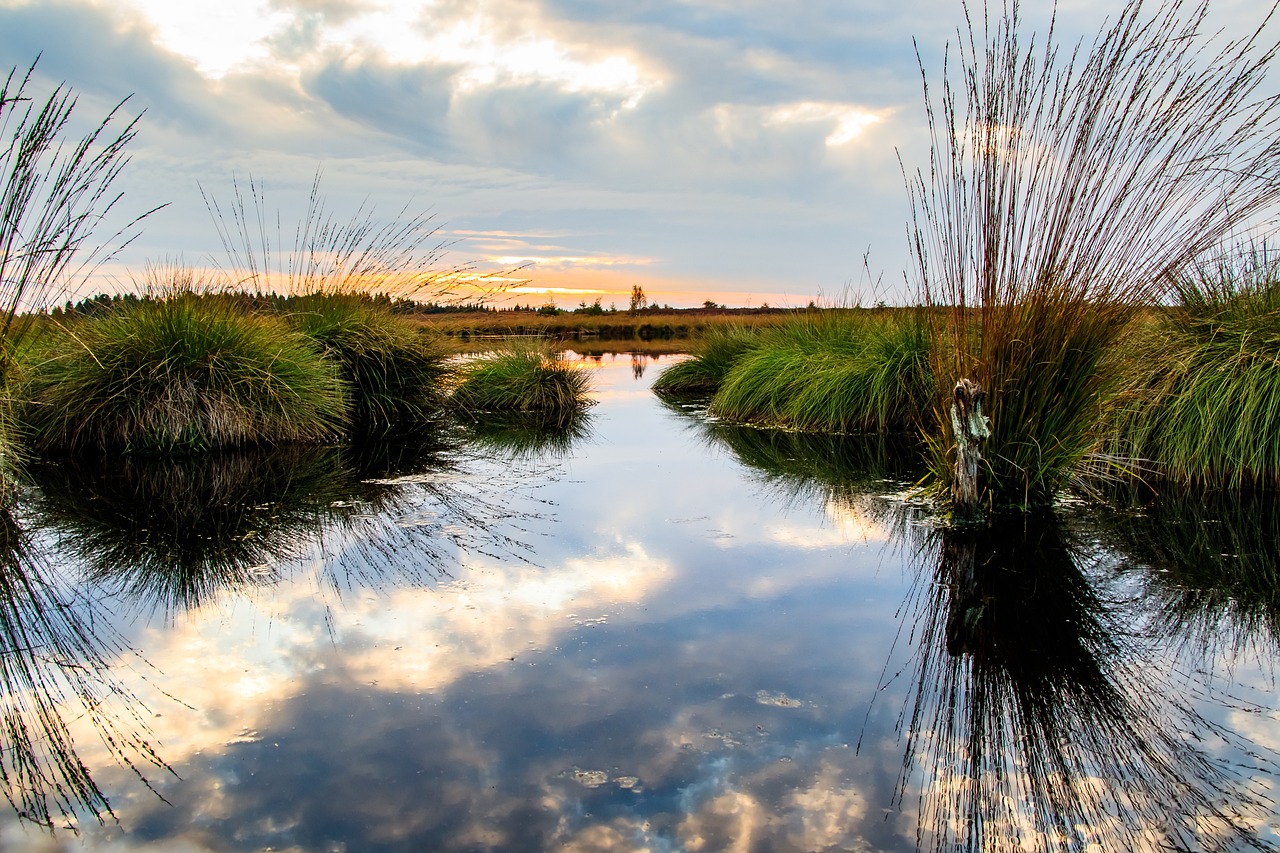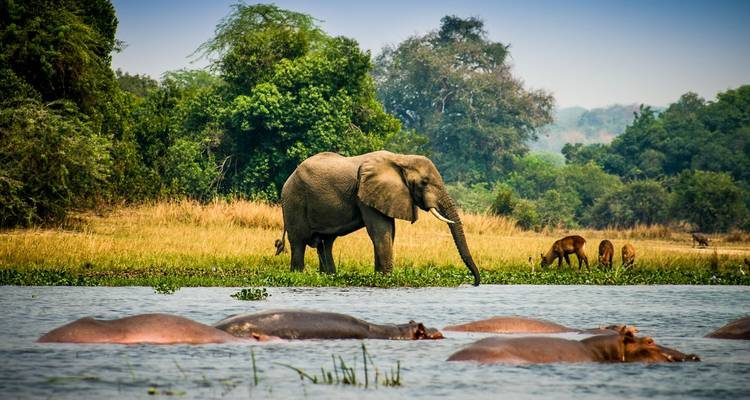Following this event, UN-Water Members, Partners and observers met for the first time since the UN 2023 Water Conference, the 38th UN-Water Meeting focused on ensuring an effective and ambitious follow-up to the Conference and its outcomes. High on the agenda—and on everyone’s mind—was the rollout of actions and processes to ensure commitments are achieved, and momentum is gained and retained, for implementing and achieving Sustainable Development Goal 6 (SDG 6, clean water and sanitation) by 2030.
The UN 2023 Water Conference, which took place 46 years after the last major UN conference of its kind, marked a once-in-a-generation opportunity to put water and sanitation on the global agenda. At a time when 26% of the world’s population—nearly two billion people—does not have access to safe drinking water and 3.6 billion lack access to safe sanitation services, participants agreed that it is more important than ever to accelerate work to implement SDG 6. Key outcomes from the Conference included a call for the establishment of a UN Special Envoy on Water, and the launch of the World Action Agenda, which now comprises over 800 voluntary commitments from countries and stakeholders.
The focus of the 38th UN-Water Meeting was to ensure follow-up to the Conference outcomes is sustained and effective. A sense of urgency was palpable throughout the two-day meeting, with the Special Rapporteur on rights to water and sanitation making a powerful point, recalling that “without water there is no future.”
In response, participants put their heads together in styled small group discussions on topics ranging from whether and how to pursue a UN-wide strategy for water and sanitation, to the granularities of a survey to enable the clustering and implementation of commitments under the Water Action Agenda. Under this format they also discussed how to mainstream water across UN agencies and sectors, and enable implementation of SDG 6. Proposals from these rich discussions were taken up during the subsequent closed meeting of UN-Water Members, with the goal of integrating them into the UN-Water work programme.
During the open meeting, participants also heard reports on progress on the SDG 6 Global Acceleration Framework, including the Capacity Development Initiative, the Taskforce on Country Level Engagement, Regional Level coordination, the Integrated Monitoring Initiative for SDG 6, the Roadmap on human rights to water and sanitation, and operationalizing the Innovation Accelerator. There were also updates on the UN World Water Development Report 2024, a joint publication with UN Women, activities of the UN-Water Expert Group on Water and Climate Change, among others.
The 38th UN-Water Meeting convened in Stockholm, Sweden, from 18-19 August 2023, at the headquarters of the Swedish International Development Cooperation Agency (SIDA). The meeting included an open session and Friday and Saturday, followed by a closed Saturday afternoon session for UN-Water Members only. Approximately 100 UN-Water Members, Partners and observers registered to join the event, with 30 joining virtually.
UN-Water Report
On Friday, 18 August 2023, UN-Water Chair Gilbert Houngbo welcomed UN-Water Members and Partners to the open session of the 38th UN-Water Meeting and highlighted that, as the first meeting following the UN 2023 Water Conference and the release of the 2023 SDG 6 Synthesis Report, this session will provide an opportunity to conduct a “deep dive” into the recommendations and outcomes from these activities. He noted the importance of mainstreaming intergovernmental processes and said a UN system-wide strategy for water and sanitation should build on the SDG 6 Global Acceleration Framework. He called for participants to think about how to support a special envoy on water once that appointment is announced.
SDG 6 Global Acceleration Framework
SDG Capacity Development Initiative: Abou Amani, Intergovernmental Hydrological Programme (IHP), updated participants on the SDG 6 Capacity Development Initiative, which aims to enhance inter-agency coordination and respond to country-specific capacity needs in developing national plans for water action. He highlighted that Panama and Costa Rica had been designated as pilot countries, with initial activities currently being planned for both countries. Following questions from the audience, Amani stressed the importance of work being driven by government initiatives and demand, and that they aim to harness existing powers and efforts within the UN system to build national capacity.
Country Level Engagement
Farai Tunhuma, UN Children’s Fund (UNICEF), gave an update on the UN-Water Taskforce on Country Level Engagement, highlighting their work to support countries in accelerating progress on SDG 6, acting as knowledge-brokers on water-related expertise, and coordinating work between actors on the ground, including with UN Resident Coordinators.
During discussions, several speakers highlighted the importance of demand-driven work and said the Task Force should be inspired by initiatives on the ground. Participants also highlighted the importance of greater coordination between agencies working within countries to avoid confusion, maximize impact, and ensure complementarity of work. One participant pointed out that some Resident Coordinators now represent two or more UN agencies, and called attention to an upcoming workshop by an Issue-Based Coalition on mainstreaming water and the environment into country-level strategies. They also noted approximately 20 countries are developing implementation plans to join the Convention on the Protection and Use of Transboundary Watercourses and International Law.
Integrated Monitoring Initiative for SDG 6
William Reidhead, UN-Water, presented recent activities under the Integrated Monitoring Initiative for SDG 6. He said the initiative is now focused on building capacity to use the data, rather than only gathering it. The initiative prepared country acceleration snapshots in the lead up to the UN 2023 Water Conference to demonstrate the scale of achievement in selected countries. He described the country acceleration case studies prepared for Senegal, Pakistan, Costa Rica, Brazil, Ghana, and Singapore, including processes, enabling conditions, and lessons learned in each country related to SDG 6 implementation. Reidhead also discussed projects related to gender contextualization work and water basin data mapping.
Roadmap on Human Rights to Water and Sanitation
Harumi Fuentes, Office of the UN High Commissioner for Human Rights, highlighted current efforts, including human rights advocacy under a “leaving no one behind” perspective, multi-stakeholder engagement, dialogues to raise awareness on human rights, and side events at international conferences. Pedro Arrojo-Aguodo, Special Rapporteur on the human rights to water and sanitation, underlined that the road map is the most valuable effort to promote a human rights approach to water management. He stressed the importance of a UN-level global political declaration on water that enshrines mainstreaming and policy coherence under a human rights-based approach. In the ensuing discussions, one participant said the budget allocation of USD 10,000 was too low for this work. Others stressed the importance of hygiene as part of the human rights to water and sanitation, and the importance of water tenure and the significance of existing entry points from the UN Declaration on the Rights of Indigenous Peoples (UNDRIP) and UN Declaration on the Rights of Peasants and Other People Working in Rural Areas (UNDROP).
During the discussion, speakers called for embracing new technologies, citizen science, and open data. Challenges related to advancing democratic governance and effective participation of the most affected people were highlighted. It was also noted that venture capitalists are not interested in funding innovations in governance, even though governance innovations can have a big impact.
On measuring the achievement of commitments, several participants pointed to the baseline data provided through IMI-SDG6, which already monitors globally-agreed SDG 6 targets. It was also noted that other SDGs should be included in measuring implementation, and broadly agreed that the Water Action Agenda needs to be linked to existing platforms and intergovernmental processes. Speakers recalled there is no mandate to monitor the voluntary commitments, but they can still be leveraged to accelerate the implementation of SDG 6.
In summary of the discussions, the majority of participants said it would be useful to have a strategy at the head-of-agency level, providing a common vision and direction to agency efforts. Involving heads of agencies in its drafting would also ensure broad support. They suggested the strategy would need to be approved by the UN System Chief Executives Board for Coordination and could build on the SDG 6 Global Acceleration Framework with the addition of a section on means of implementation. Participants said the strategy could guide and align programmatic and budgetary decisions within UN agencies, which would also help to align donor support for SDG 6 implementation. Participants also emphasised that it should raise political attention at multiple levels, through the agencies and UN-Water and through the work of the Special Envoy on Water.
Mainstreaming Water
This session considered how UN-Water could accelerate action on recommendations from the UN 2023 Water Conference to:
promote convergence of intergovernmental processes and agendas and strengthen integrated policy making;
promote better water governance at scale and develop mechanisms for cross-sectoral coordination; and
carry out an “inter-COP process” to connect, integrate and fully implement water-related decisions made at global assemblies, conventions, and frameworks dedicated to climate, resilience, and the environment.
Closing
Before leaving, participants were reminded of why their work is important. Spread across the room were origami hummingbirds, folded by children in the run up to the UN 2023 Water Conference, sending a message that although individually one can only carry mere droplets, together they can create rivers of change. At the conclusion of the open session, UN-Water Chair Houngbo expressed his appreciation to UN-Water’s Partners for their contributions and support. He reported that the date and location for the 39th UN-Water Meeting are not yet decided and will be communicated in the coming weeks. He looked forward to seeing many UN-Water Partners at UNFCCC COP 28 and closed the meeting at 11:02 am.
Photo by SDG knowledge Hub- International institution for sustainable development



